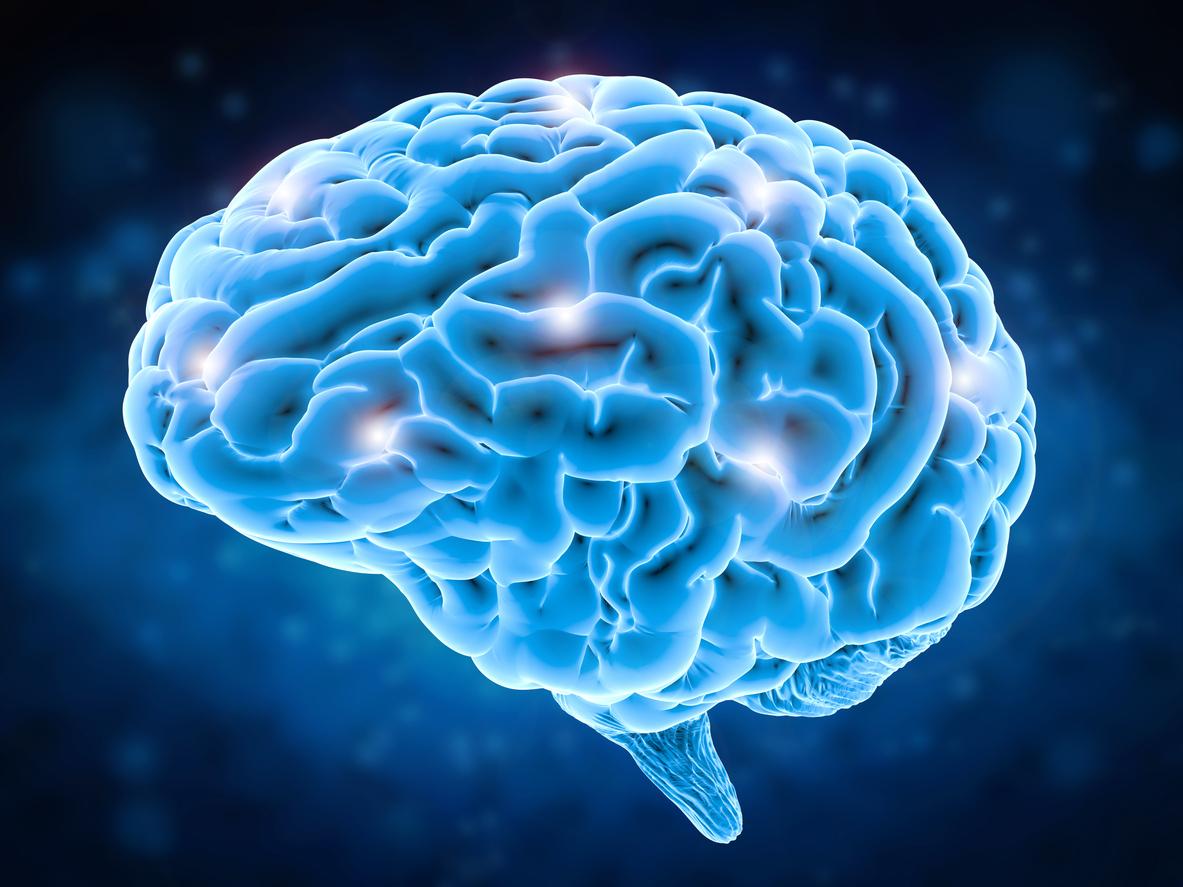Anxiety, depression or behavioral problems in childhood and/or adolescence have a negative influence on adult health and increase the risk of premature death.

- Suffering from anxiety, depression or behavioral problems during childhood and adolescence, where only since adolescence seems to permanently stress the body even in adulthood.
- More tellingly, these people have a higher risk of premature mortality than people without these mental health problems during their minority.
- Women in these groups are particularly affected by cholesterol problems and abdominal obesity.
Your child and adolescent mental health would have an impact throughout your life and also on your mortality. This is the conclusion reached by British and American researchers in their study published in the Journal of American Medicine Association September 30. According to them, affective disorders such as anxiety or depression and behavioral disorders experienced during childhood or adolescence adversely influence biomarkers 28 years later and increase the risk of premature death. “These findings, if causal and generalizable to younger cohorts, may imply that effective mental health interventions in early life have the potential to alter the distribution of risk and improve population health.” recommend the authors of the study.
For these researchers, it is obvious that the psychological difficulties encountered during childhood influence the trajectory of life as an adult. But there, he originally wanted to show that this mental health also influences his biology many years later. So the scars of childhood would never completely heal. To investigate this hypothesis, researchers studied the course of 17,415 English people born in the same week in 1958 and enrolled in databases of the UK National Study of Child Development. They then analyzed between February 2017 and May 2020 biomarkers collected when this cohort was 44-45 years old: the fibrinogen (stress-sensitive clotting factor), C-reactive protein (marker of inflammation), glycated hemoglobin (indicator of blood glucose concentration over three months), high and low density lipoprotein cholesterol ( marker of atherosclerosis risk), forced expiratory volume (marker of respiratory health), blood pressure and waist/hip ratio (indicator of cardiac risk and risk of premature mortality). To this, the scientists also listed the causes of death if they occurred before the 50th birthday and the other mortality data.
Emotional and behavioral disorders: poorer health and higher premature mortality
Among these data, the researchers analyzed the biomarkers of 9,377 participants as well as the mortality data of 15,067 members of the cohort. They then divided them into four groups according to the affective and/or behavioral problems during childhood: group 1 “no affective or behavioral problems during childhood or adolescence”, group 2 “affective and especially conduct problems from 16 years”, group 3 “disorders during childhood only” and group 4 “emotional problems during childhood and adolescence”.
From these comparisons, the scientists note that people in groups 2 and 4 have “notless favorable fibrinogen levels in middle age” compared to group 1, the control group. They also note that women in these groups 2 and 4 also suffer from a higher rate of high density lipoproteins and abdominal obesity than those in group 1. However, the risk of premature mortality from all causes is also higher. in these groups 2 and 4.”Psychopathology-associated mortality was higher in both groups, and unintentional injury-associated mortality was only elevated in the stable-high group.” say the authors of the study.
These researchers ensure that gender, birth weight, maternal smoking during pregnancy pregnancymaternal age,feeding with milkregion of birth,body mass index and other important factors concerning the psychosocial life of the child do not influence these results. The mental health of children and adolescents should therefore be a public health issue for these researchers. According to the World Health Organizationhalf of mental health problems begin before the age of 14, and depression is the leading cause of morbidity and disability among adolescents.
.

















